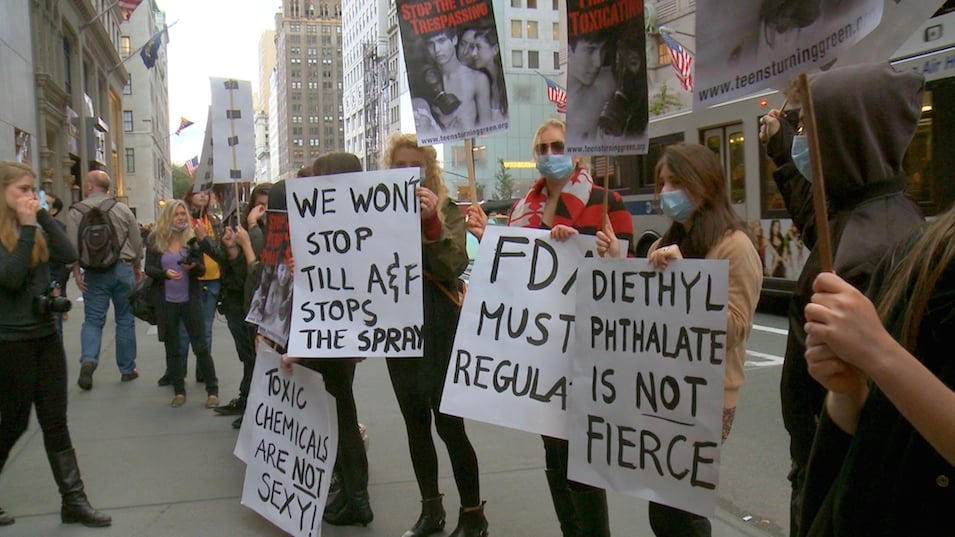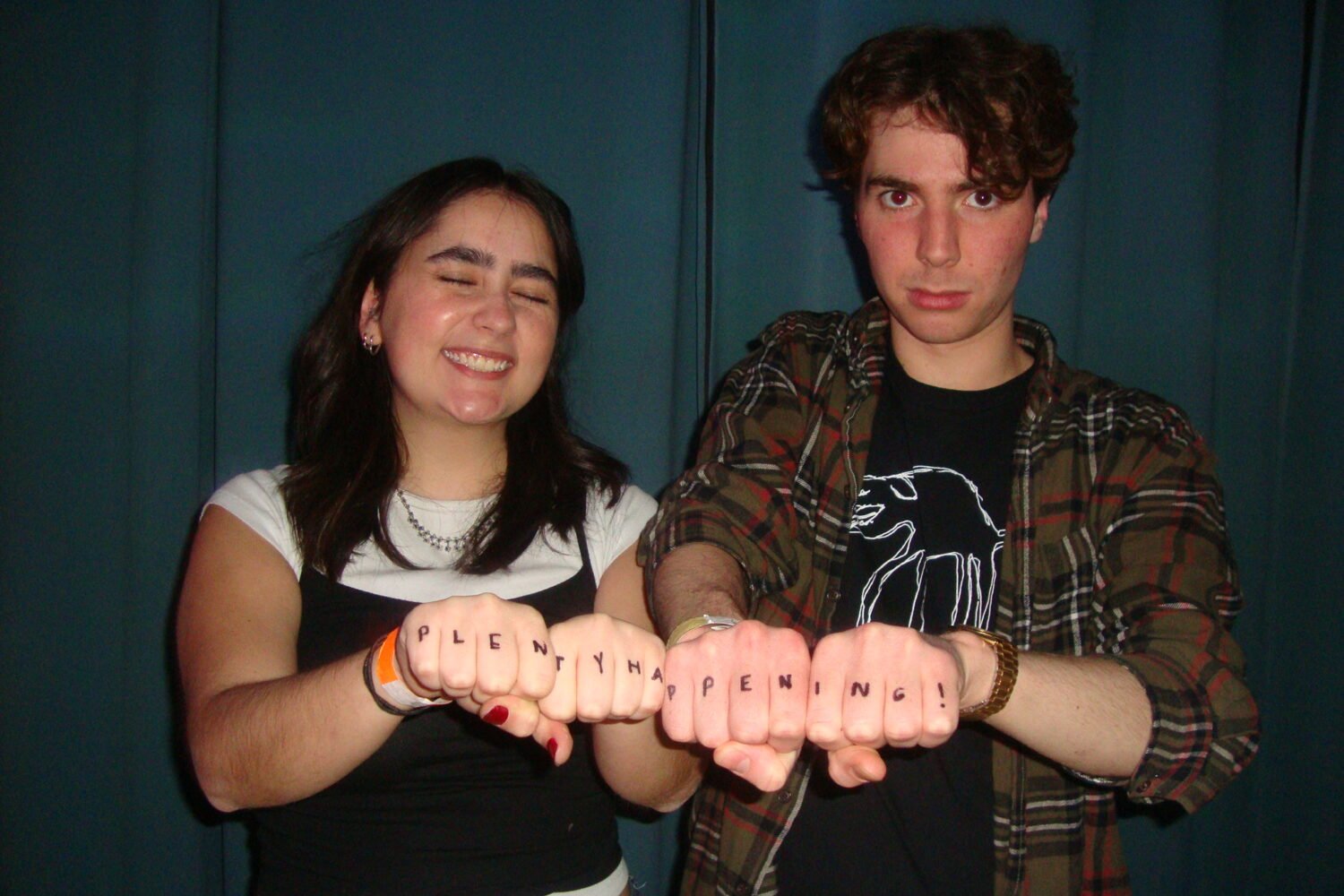There are more than 80,000 chemicals on the market in the United States, but only a small percentage have been tested for safety. Since 1975, breast cancer rates have jumped 30 percent. Over the last half-century, chemical use has spiked by 2,000 percent. If these numbers give you a jolt, you’re not alone. And they’re just a sampling of the startling figures in the upcoming documentary, The Human Experiment, which features actor Sean Penn as an executive producer and narrator.
Filmmakers Don Hardy and Dana Nachman were shocked when they learned about the wide array of toxic chemicals lurking in seemingly innocuous household goods, such as water bottles, sofas, and even pajamas.
“If you’re coming to this issue without really knowing much about chemicals, it’s a gut punch,” Hardy says. In the film, the duo explores the many illnesses linked to the modern chemical revolution and reveals how often these substances come into contact with the human body.
The directors traveled the country culling stories of anti-toxics activists, who are pushing for corporate action and increased regulations from Washington. “I thought that was what the EPA and the FDA were for, that’s what their job was: to protect the public,” Hardy says. The documentary makes it clear that may not necessarily be the case. Penn narrates how lawmakers treat chemicals just like they treat criminals: “innocent until proven guilty.” The film also claims gaps in toxics legislation have made chemical regulation and testing difficult to implement.
These chemicals are everywhere—and in everything. Triclosan, an antibacterial linked to thyroid disruption, is found in soaps and all-purpose cleaners. Bisphenol-A (BPA)—that ubiquitous acronym found in plastics and the linings of food cans—mimics estrogen in the human body, potentially affecting your hormonal system. Johnson & Johnson baby shampoo once had the carcinogen formaldehyde in it. Toxic chemicals like these can be difficult to avoid—especially because of lax labeling requirements.
The Human Experiment hopes to educate consumers about the harms of toxic chemicals and push them to “switch to safer” goods. A full list of “safe” products can be found on the documentary’s website. “It doesn’t have to be the ultimate clean product, but let’s just do something a little better than we did last year and find community that can help us get there,” Nachman says.
The documentary traverses chemical and political history, linking how the tobacco and lead industries defended their products in the past to how brands using potentially toxic chemicals defend their products today. Hardy and Nachman argue chemical lobbyists and companies have been able to keep dangerous compounds in goods through a vicious combination of politicking and funding biased scientific research. Still, the duo did their best to dodge the doomsday environmental documentary trope by ending the film on a positive note. “When we first started this movie there were a couple products on a shelf that you could buy that you would feel okay with—now there’s full shelves, full aisles,” Nachman says. “Change is happening.”
The movie’s release coincides with the 45th Earth Day on April 22. AMC Hoffman in Alexandria will play The Human Experiment beginning April 17.
















